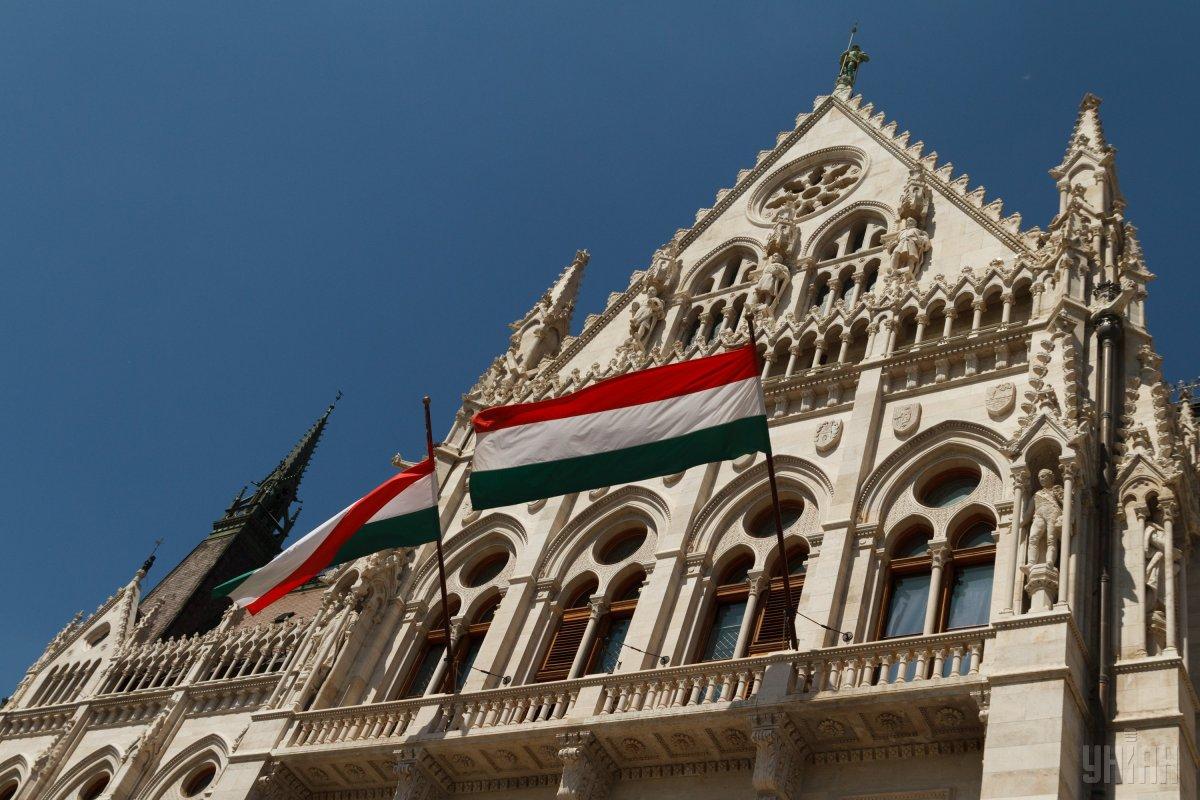
Hungarian Ambassador to Ukraine Istvan Ijgyarto has said Budapest will continue blocking the holding of the Ukraine-NATO Council.
According to him, the actions of Hungary are stipulated by the Ukrainian law on education, which "violates the rights of ethnic Hungarians."
"I want to emphasize that Hungary does not block the process of Ukraine's integration into NATO. We block only one forum, this is the political level – the Ukraine-NATO Council. And we will continue to block it... We consider NATO not only a military organization. If you want to become a member of NATO, you must have an obligation to respect human rights," he told the Glavkom outlet, which published an interview with him in Ukrainian.
Ijgyarto reiterated that the actions of Budapest do not interfere with Ukraine's integration into NATO.
Read alsoTrump, Putin and Orban's common disdain for Ukraine raising alarm – media
"This is not quite correct that NATO does not deal with minority issues. Since, if there is conflict, NATO does not want to join, the parties should resolve the conflict themselves. This is a very important point. For example, Ukraine has previously officially stated that Hungary blocks Ukraine's integration into NATO. And also with the 'sauce' of Moscow being supposedly involved in this. But this is not true," the Hungarian ambassador added.
As UNIAN reported earlier, relations between the two countries slid to a chill after the Ukrainian parliament in 2017 passed a new education law.
Hungary has since been blocking the meetings of Ukraine-NATO Commission, claiming alleged violation of rights of Hungarians living in Ukraine due to the provision of the law that determines that the language of command in educational facilities shall be the state language, which is Ukrainian.
According to the conclusion of the Venice Commission of Dec 8, 2017, Ukrainian authorities were recommended to balance the provision of the language article of Law "On Education".
On February 14, 2018, the Cabinet of Ministers approved Bill No. 8046, prolonging the transitional period for the implementation of the language article until 2023.
The draft law is being considered by parliamentary committees.

